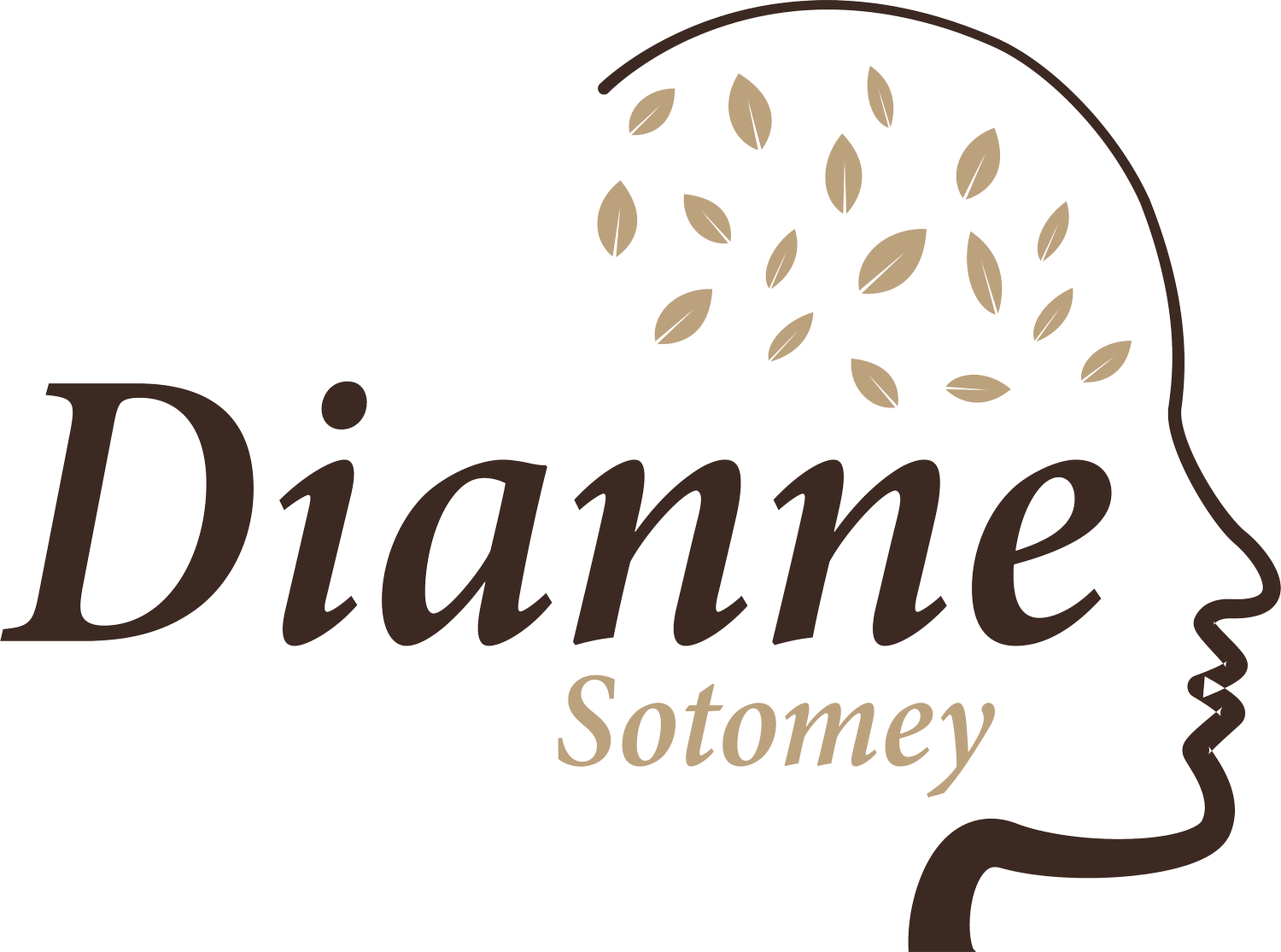Difference between psychotherapy counselling and coaching
Psychotherapy
Psychotherapy is a collection of therapies designed to assist individuals in addressing their troubling thoughts, feelings and behaviours. This process is typically long-term and involves working collaboratively with a psychotherapist to identify, diagnose and address problematic beliefs, patterns of behaviour, relationship dynamics, somatic responses and other relevant factors. By focusing on underlying aspects of personality that arise from deep-seated childhood, psychotherapy can help individuals overcome obstacles and live a more fulfilling and meaningful life.
Counseling
Counselling on the other hand tends to be short-term and is a solution focused intervention. It gives people the opportunity to talk openly about their challenges and feelings, while being heard and understood. Counselling helps with difficulties such as Anxiety, bereavement, grief, loss, bullying, mental health, relationships, stress and marital problems to name a few. However these days, the difference between counselling and psychotherapy is not as wide as it used to be as Counselling trainings have become much more rigorous. When choosing a counsellor, it is a good idea to look at the length and quality of the training they have undertaken. Their clinical training should be at least 3 years minimum, someone with 4-6 years of rigorous training will be more informed. I am trained in both.
Coaching
Coaching is a broad term used to describe the support and guidance provided to help individuals achieve the life they desire. In contrast to therapy, coaching involves working with a coach who is not a mental health professional to clarify goals, identify obstacles and create action plans to achieve desired results. Although many therapists are trained coaches as well the primary focus of coaching is to help individuals achieve their future goals, by identifying and addressing problematic behaviours in the present.
The main difference between therapy and coaching lies in their approach. Coaches are focused on helping individuals achieve their future goals and work on developing strategies to overcome obstacles that may be hindering progress. They highlight current problematic behaviours to help individuals change them and move towards their desired outcomes.
Therapists, on the other hand, tend to have a more past and present focus, exploring an individual's past as a tool for understanding current behaviours. Therapists focus on the "why" behind certain behavioural patterns, whereas coaches focus on the "how" to work towards a goal.
While coaching may touch on some concepts related to healing and past experiences, its primary focus is always on the present and how to move individuals towards their goals. In contrast, therapy tends to focus more on healing, including an individual's feelings and thoughts and how they originate from past experiences.
Nonetheless, many coaches can still help individuals understand how the past contributes to their present, and psychotherapists can assist individuals in achieving their future goals.
